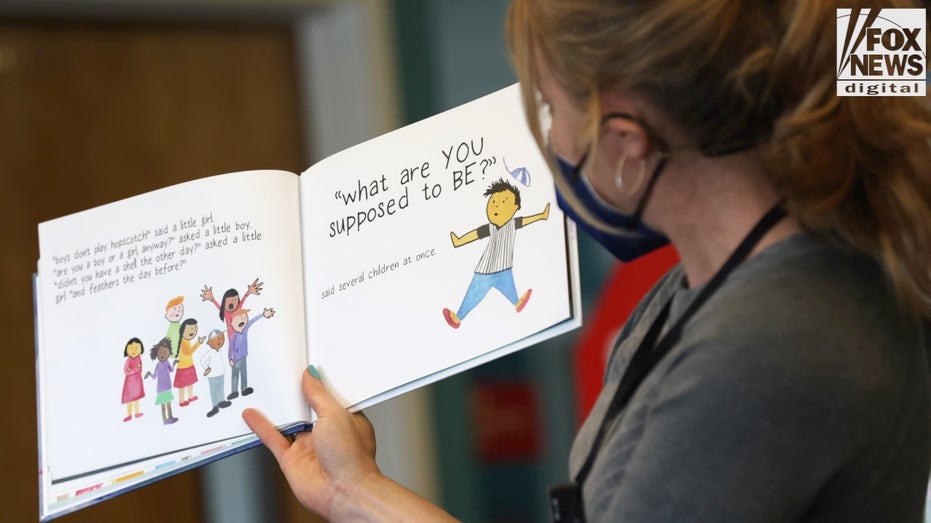Supreme Court to Review LGBTQ+ Storybook Opt-Out Case

The Supreme Court will hear a case, *Mahmoud v. Taylor*, concerning parents' rights to opt their children out of school lessons featuring LGBTQ+ themes. The case questions whether denying such opt-outs infringes upon parents' religious freedom. This legal challenge could significantly impact how schools approach discussions about LGBTQ+ topics and parental involvement in curriculum decisions. The court's decision will have broad implications for religious freedom and education policy.
Washington D.C. - The Supreme Court has agreed to hear *Mahmoud v. Taylor*, a case that delves into the contentious issue of parental rights and LGBTQ+ inclusive education in public schools. At the heart of the matter is whether schools can deny parents the ability to opt their children out of lessons that include LGBTQ+ themed storybooks and discussions, without violating the parents' religious freedom. The plaintiffs, a group of parents, argue that exposure to these materials conflicts with their deeply held religious beliefs. They contend that forcing their children to participate in such lessons infringes upon their constitutional right to religious expression and upbringing.
The school district, however, maintains that its curriculum is designed to promote inclusivity and understanding of diverse perspectives. They argue that allowing opt-outs would undermine this goal and create a discriminatory environment for LGBTQ+ students and families. The district asserts that the curriculum is age-appropriate and does not promote any particular religious or political viewpoint. Lower courts have previously ruled in favor of the school district, citing the importance of academic freedom and the school's responsibility to create a welcoming environment for all students.
The Supreme Court's decision in this case could have far-reaching implications for schools across the nation. A ruling in favor of the parents could embolden other families to challenge curriculum decisions based on religious grounds, potentially leading to a patchwork of different standards across school districts. Conversely, a ruling in favor of the school district could solidify the authority of schools to determine curriculum content and limit parental influence in this area. Legal experts anticipate a closely watched and highly debated case, with the potential to reshape the landscape of religious freedom and education policy in the United States. The case is expected to be heard in the fall, with a decision likely in early 2026.
The school district, however, maintains that its curriculum is designed to promote inclusivity and understanding of diverse perspectives. They argue that allowing opt-outs would undermine this goal and create a discriminatory environment for LGBTQ+ students and families. The district asserts that the curriculum is age-appropriate and does not promote any particular religious or political viewpoint. Lower courts have previously ruled in favor of the school district, citing the importance of academic freedom and the school's responsibility to create a welcoming environment for all students.
The Supreme Court's decision in this case could have far-reaching implications for schools across the nation. A ruling in favor of the parents could embolden other families to challenge curriculum decisions based on religious grounds, potentially leading to a patchwork of different standards across school districts. Conversely, a ruling in favor of the school district could solidify the authority of schools to determine curriculum content and limit parental influence in this area. Legal experts anticipate a closely watched and highly debated case, with the potential to reshape the landscape of religious freedom and education policy in the United States. The case is expected to be heard in the fall, with a decision likely in early 2026.